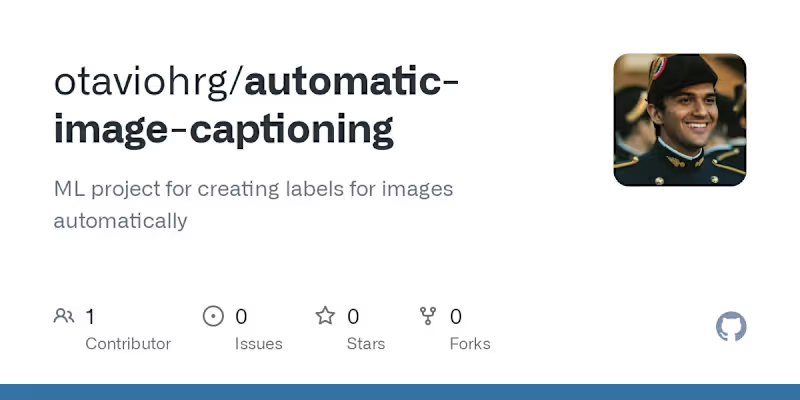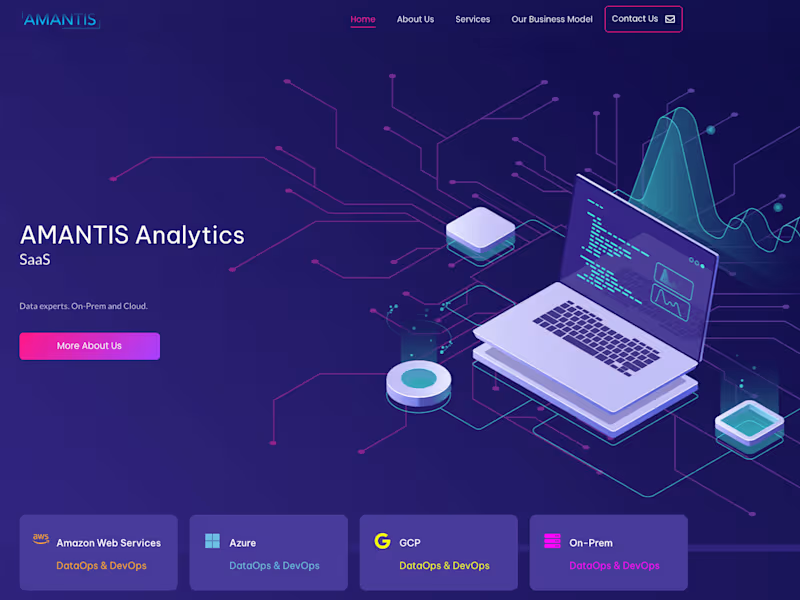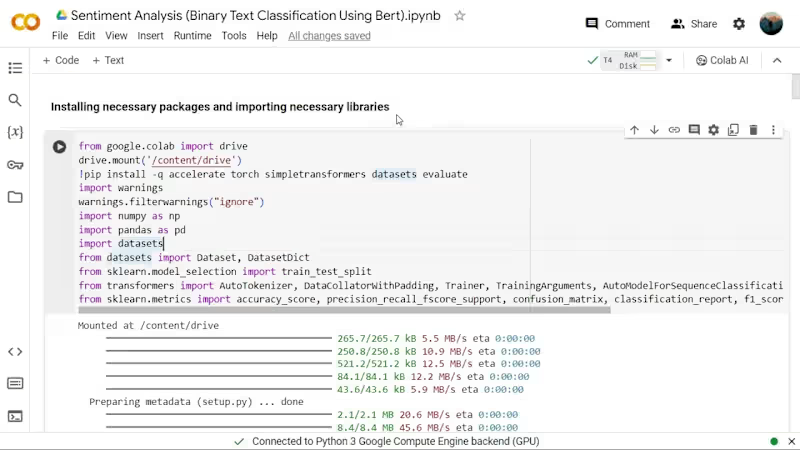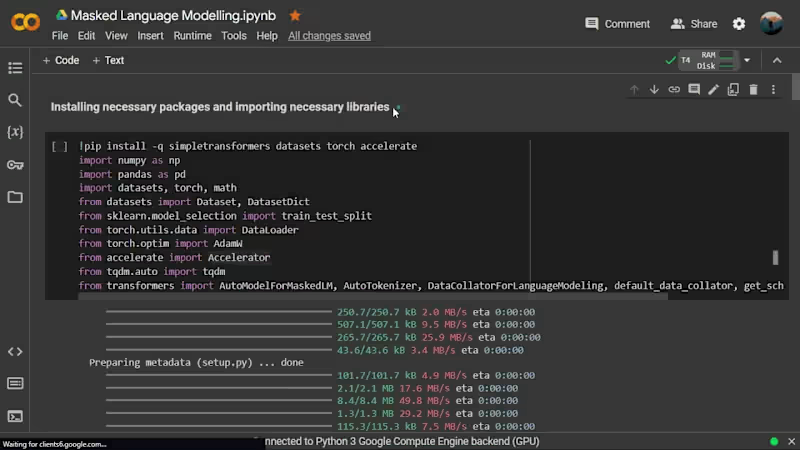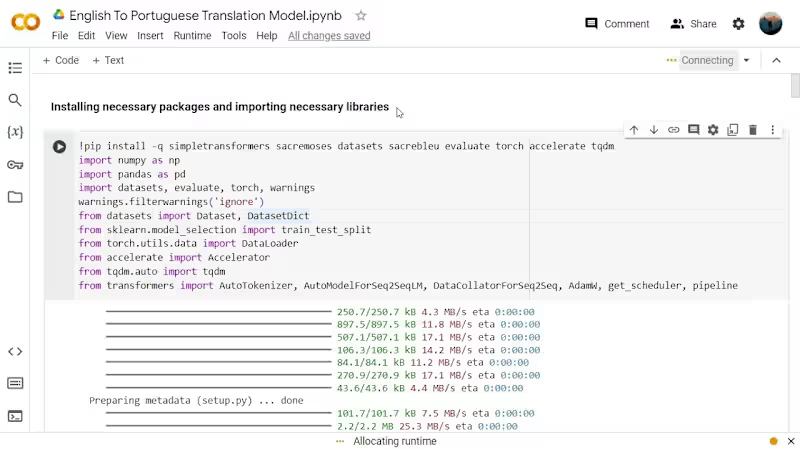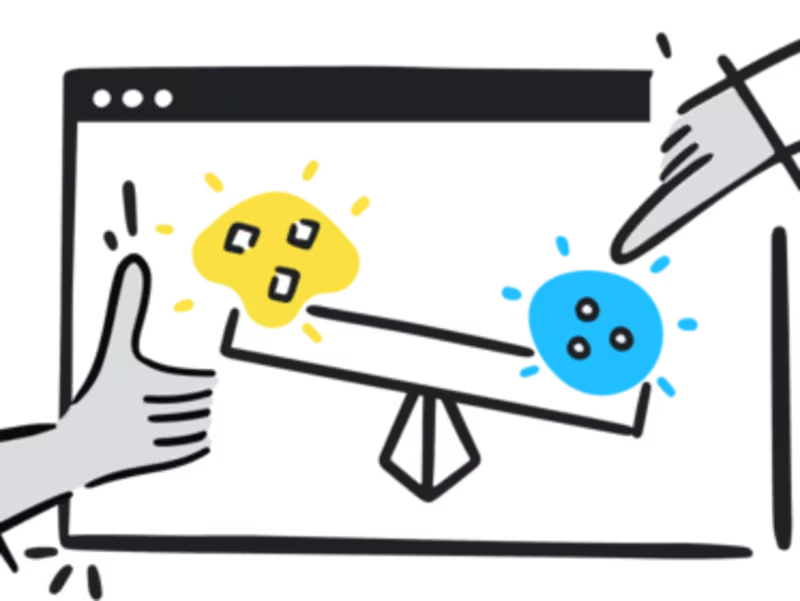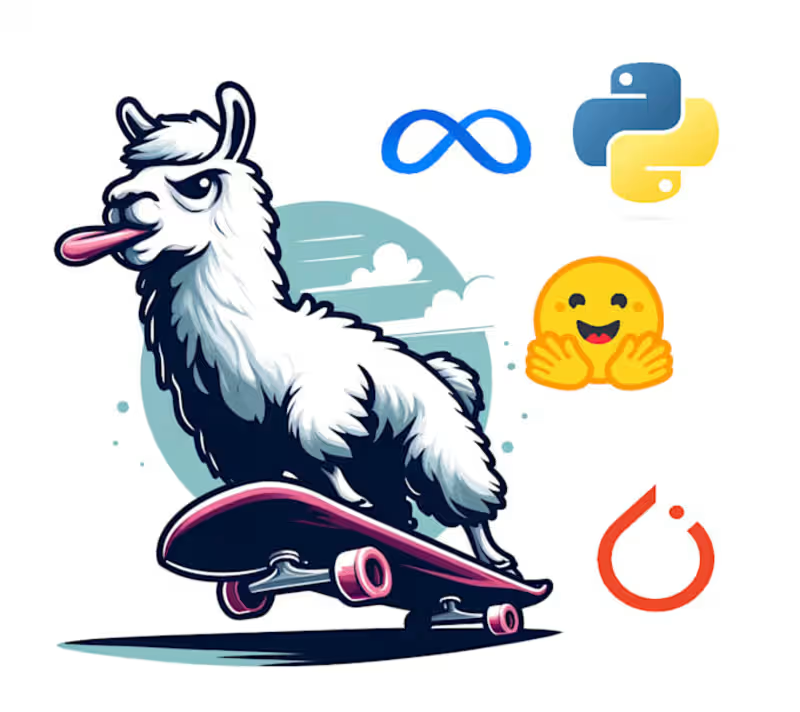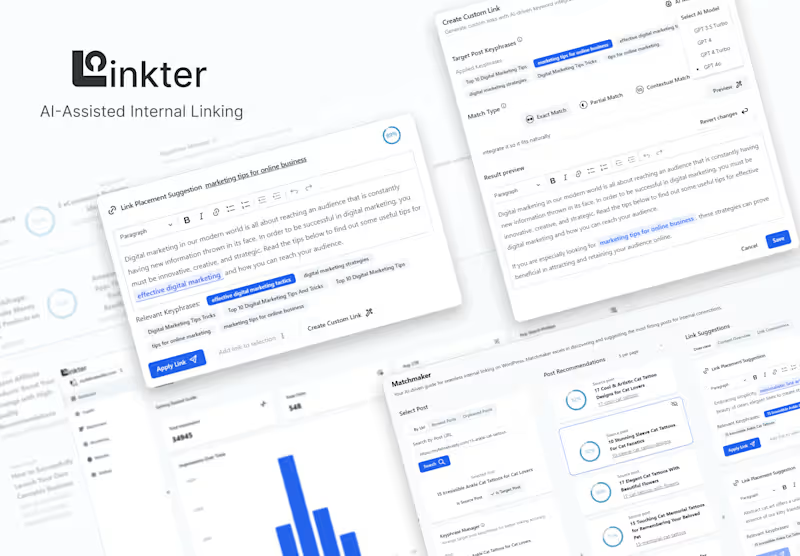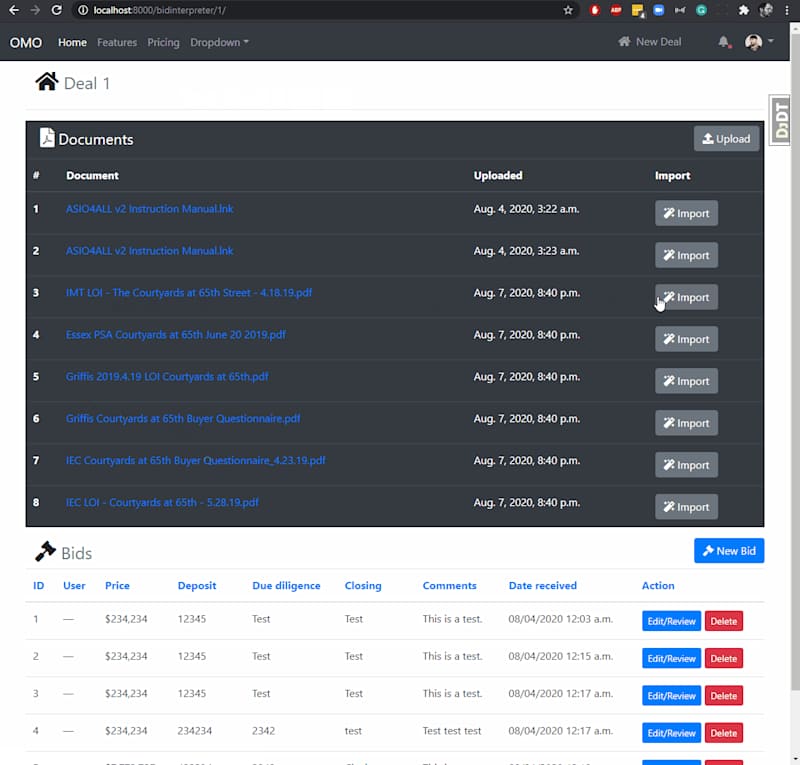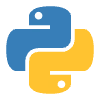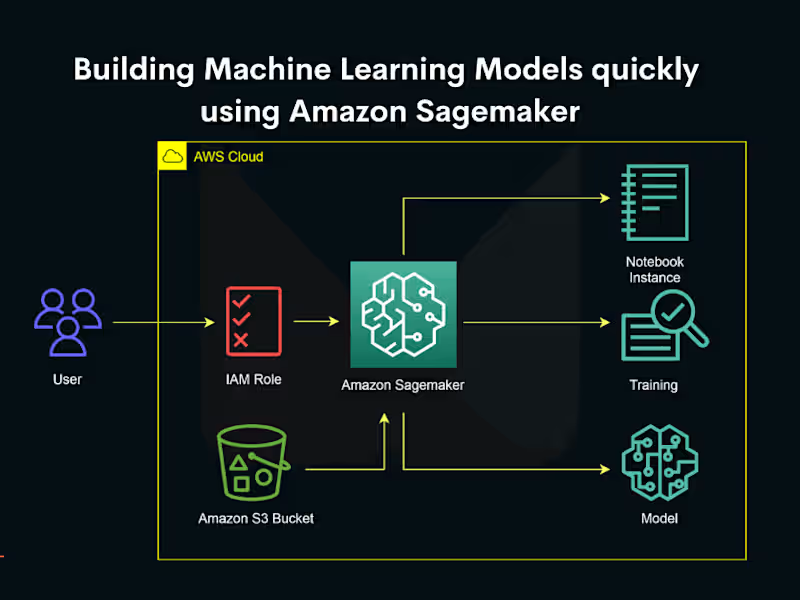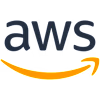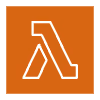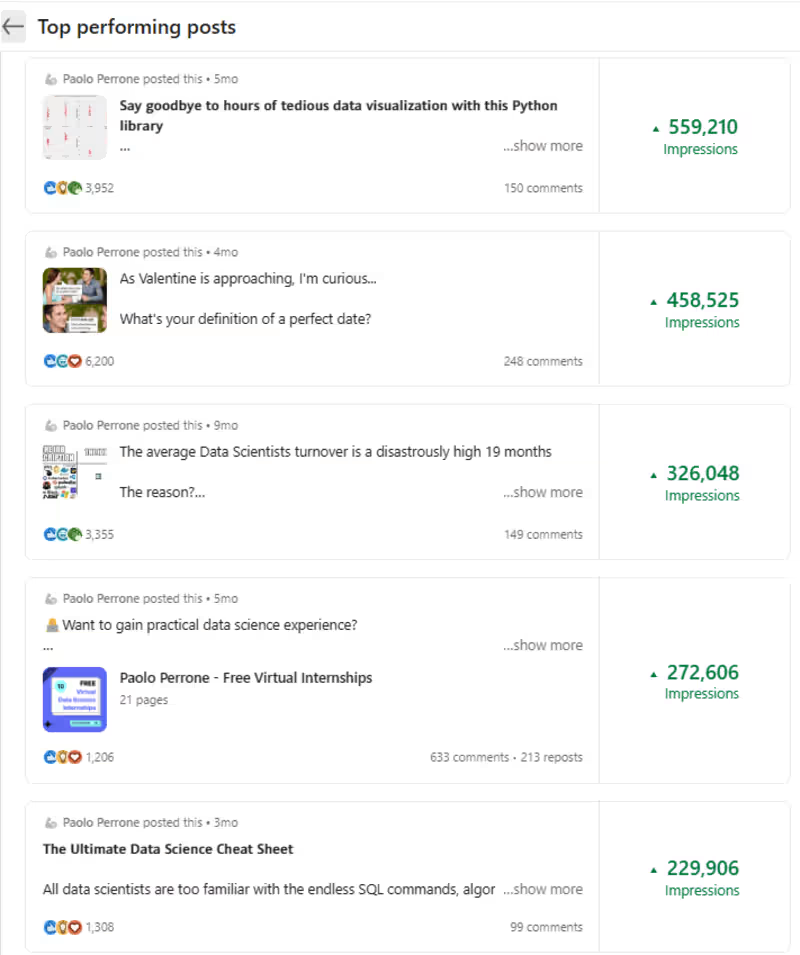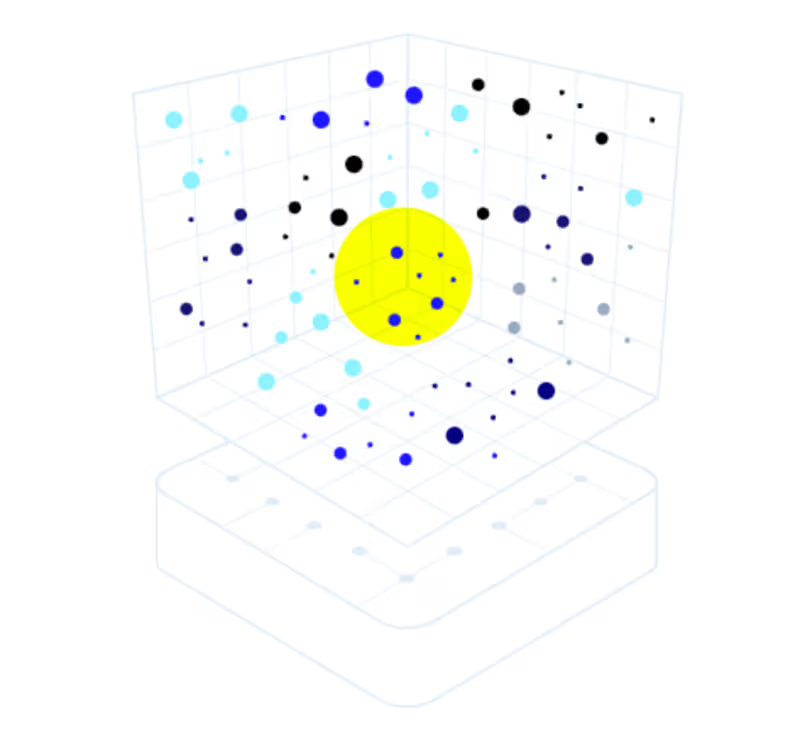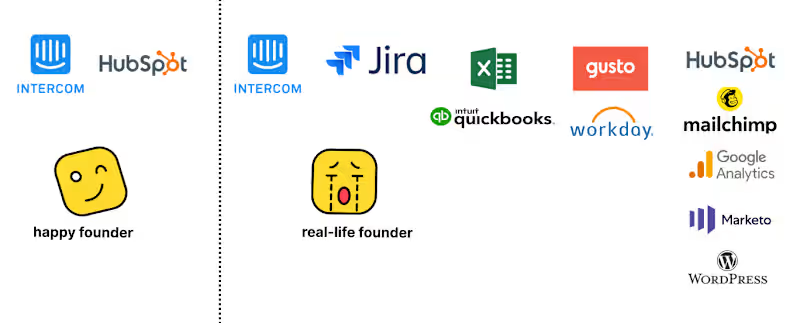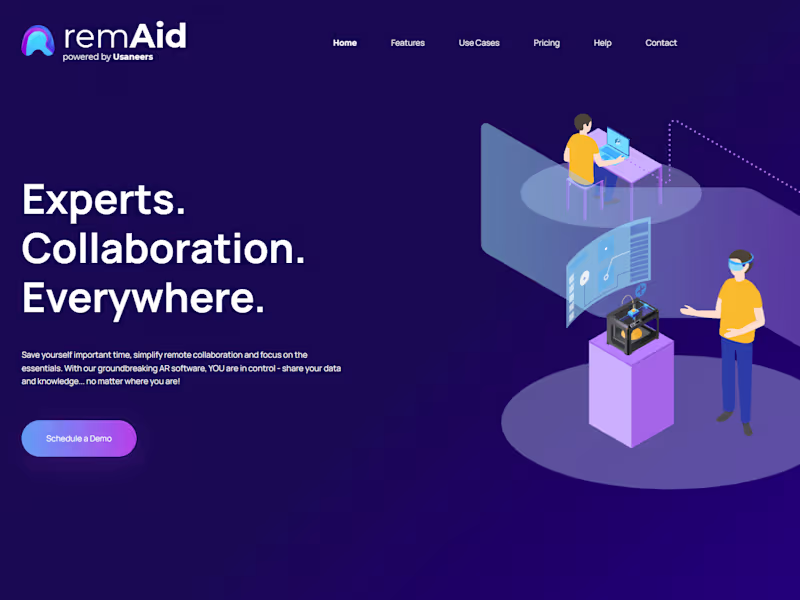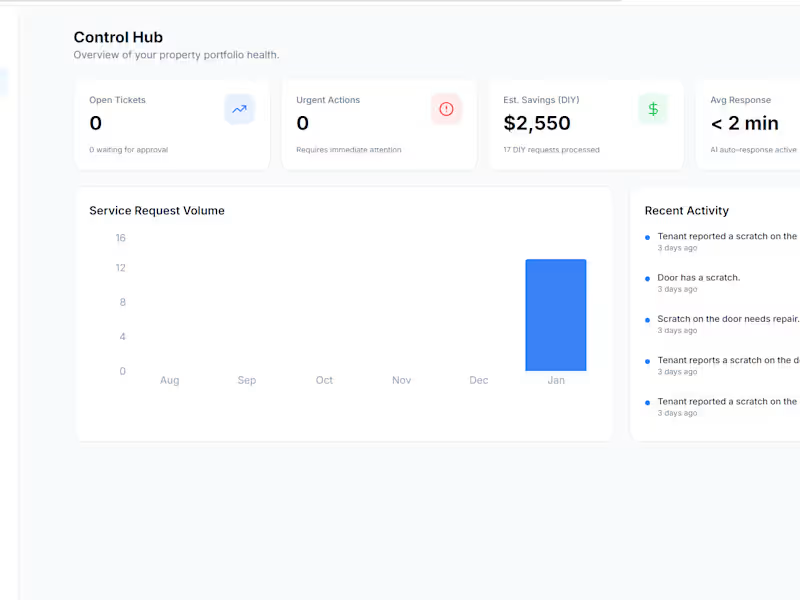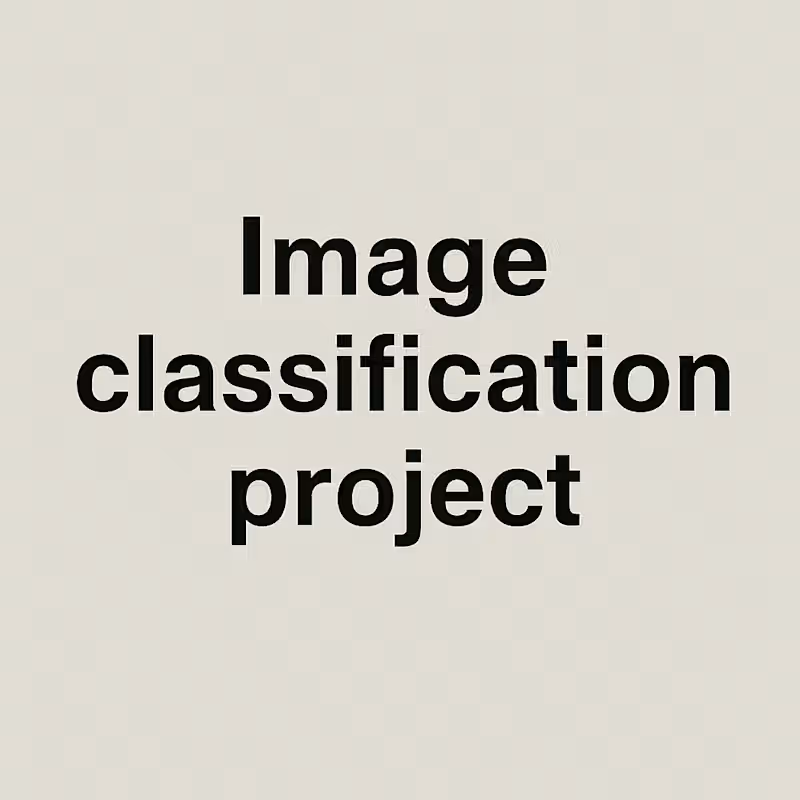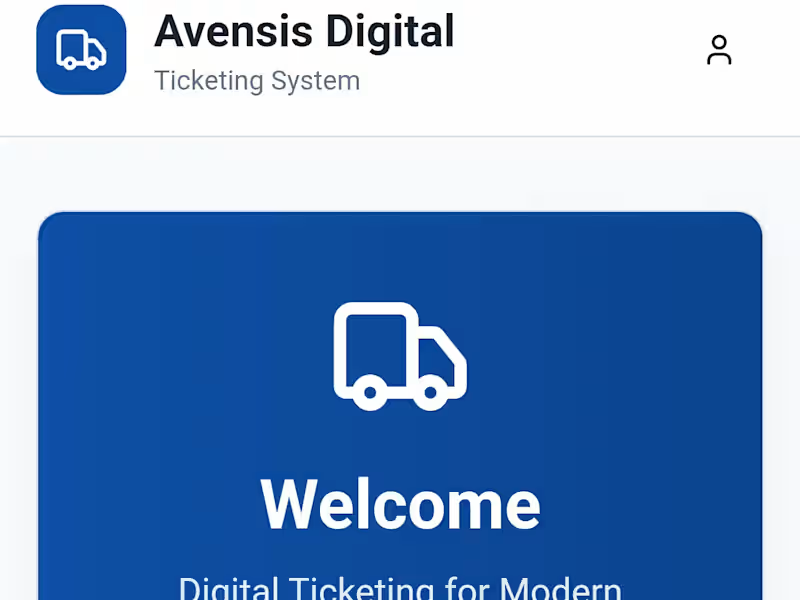What should I look for in a PyTorch expert's profile?
Find someone who has worked on machine learning projects using PyTorch. Look for examples of their work like trained models or data analysis projects. Check if they have client testimonials or ratings.
How do I know if they can handle my specific project needs?
Ask if they have experience in areas like computer vision or natural language processing. See if they have worked on similar projects before. Look for evidence that they can create deliverables like AI-driven applications or detailed reports.
How can I ensure they use PyTorch properly?
Check if they understand PyTorch's features and benefits. Look for details about how they use it for model training or data visualization. Ensure they can explain their process clearly.
What's a good way to start discussing project details?
Prepare to share what you need, like a trained model or data insights. Explain your goals and ask if they have ideas to meet those. Communication is key to starting on the right foot.
How can I agree on clear deliverables with them?
List the things you expect, like visualizations or a report. Make sure you both agree on what the final project should have. Clear deliverables are important for a successful project.
What should I know about project timelines?
Discuss how much time different tasks might take. Ask them how soon they can start and estimate a completion date. This helps prevent confusion about timelines.
How can I track progress on the PyTorch project?
Set up regular check-ins to see how the project is going. Ask for draft versions of the model or parts of the analysis. This ensures everything is on track.
What kind of resources can help in project success?
Ensure the freelancer has access to the data they need. You might need to provide datasets or relevant information. Proper resources help in creating better models or analyses.
Why should I care about their problem-solving skills?
Projects might face unexpected challenges. A good PyTorch expert can find solutions to these problems. Their problem-solving skills are crucial to project success.
How should I prepare to onboard them?
Set up a way they can access needed tools or platforms. Share project goals and any existing work they should know about. Proper onboarding helps them start right away.
Who is Contra for?
Contra is designed for both freelancers (referred to as "independents") and clients. Freelancers can showcase their work, connect with clients, and manage projects commission-free. Clients can discover and hire top freelance talent for their projects.
What is the vision of Contra?
Contra aims to revolutionize the world of work by providing an all-in-one platform that empowers freelancers and clients to connect and collaborate seamlessly, eliminating traditional barriers and commission fees.




























